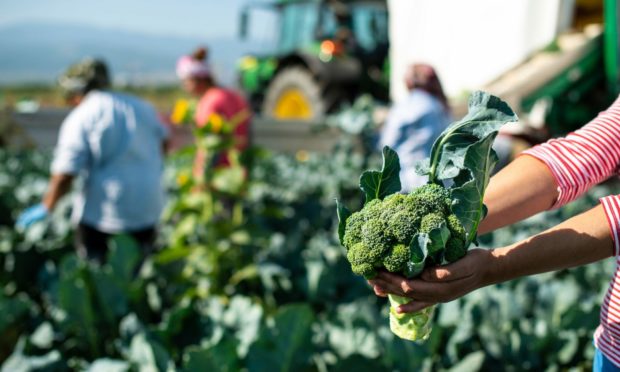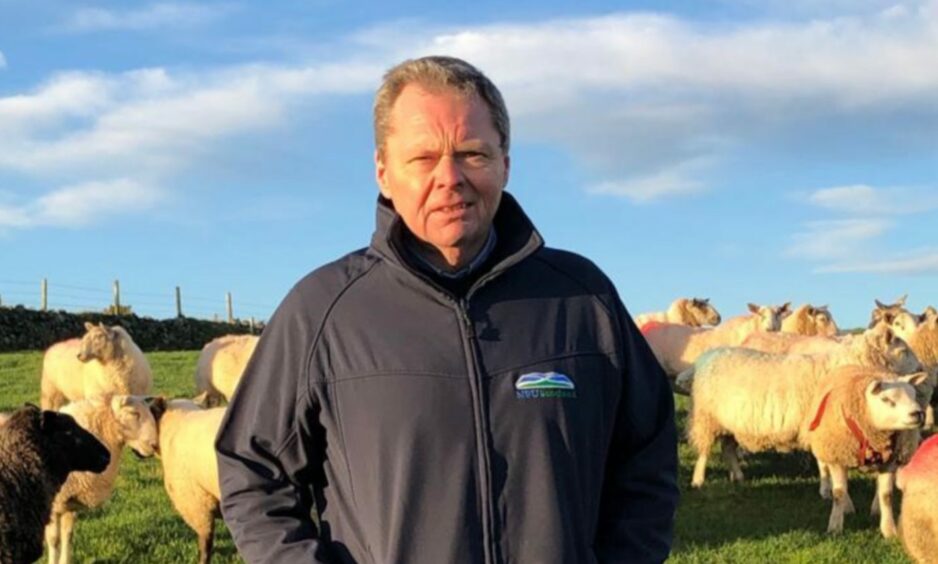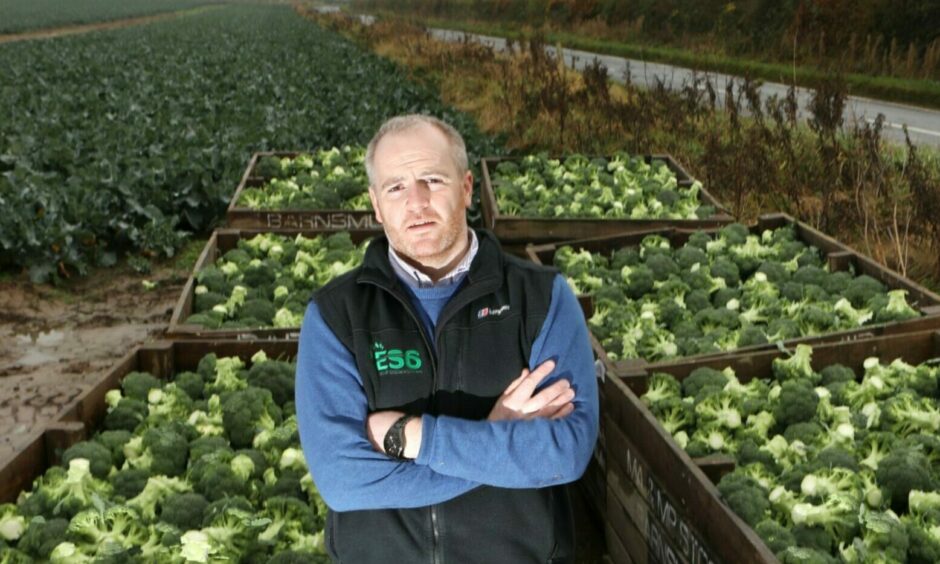The UK Government has provoked fury by ruling out any increase in the allocation of seasonal agricultural workers visas, despite this summer’s crippling shortages of labour on farms.
An allocation of 30,000 visas for workers to come to the UK for up to six months was agreed for this year under the Seasonal Workers Pilot (SWP) but, in a statement to us, a Home Office spokesperson said: “To date the sector has used approximately two thirds of the places available, so there is no case for expanding the quota.”
Scotland’s farmers’ union (NFUS), which has been campaigning for an increase in the allocation of visas next year, claimed the government’s figures were “outdated and inaccurate”, and insisted it would be seeking clarification.
NFUS vice-president Andrew Connon said: “NFUS has contacted three of the four companies authorised to provide visas under the scheme today.
“We understand that the two operators approved last year have already filled their allocation while the others expect to have fulfilled their allocations by the end of the pilot scheme year.
“With a large part of the vegetable season still to go, we see no reason why 100% of places will not be taken.”
Andrew Faichney, the managing director of East of Scotland Growers (ESG), the Cupar-based vegetable co-operative that has already lost £2 million as a result of labour shortages, said he had also spoken to three of the four authorised providers, who confirmed they would use all their allocation by the end of the year.
“Seasonal workers are still arriving in the country, and we still have the Christmas push to go, so I struggle to see how the government can quantify their statement when it’s just September,” he said.
“We still have the cabbage and Brussels sprouts season to go. The news fills me with dread. ”
NFUS said the government’s comments were a huge blow to the industry at a time when confidence is already at rock bottom and planning is taking place for next year.
“If there is no expansion of the SWP, then there will be some very serious thinking being done and some hard decisions being made by the industry,” added Mr Connon.
The industry was deeply frustrated this spring when the announcement of new SWP authorised operators was delayed until just weeks before the start of the peak fruit and vegetable picking season.
Mr Connon said: “Visa costs of this pilot scheme relative to the previous SAWS scheme are high; there are unnecessary levels of red tape and cost associated should seasonal workers wish to transfer between farms and the information provided on the scheme has seen a number of unsuitable seasonal workers arrive in the UK and return home without taking up their place.
The Home Office spokesperson said: “We continue to work closely with industry to understand labour demand and supply, including both permanent and seasonal workforce requirements.
“However, we want to see employers make long-term investments in the UK domestic workforce instead of relying on labour from abroad and our Plan for Jobs is helping people across the country retrain, build new skills and get back into work.”



